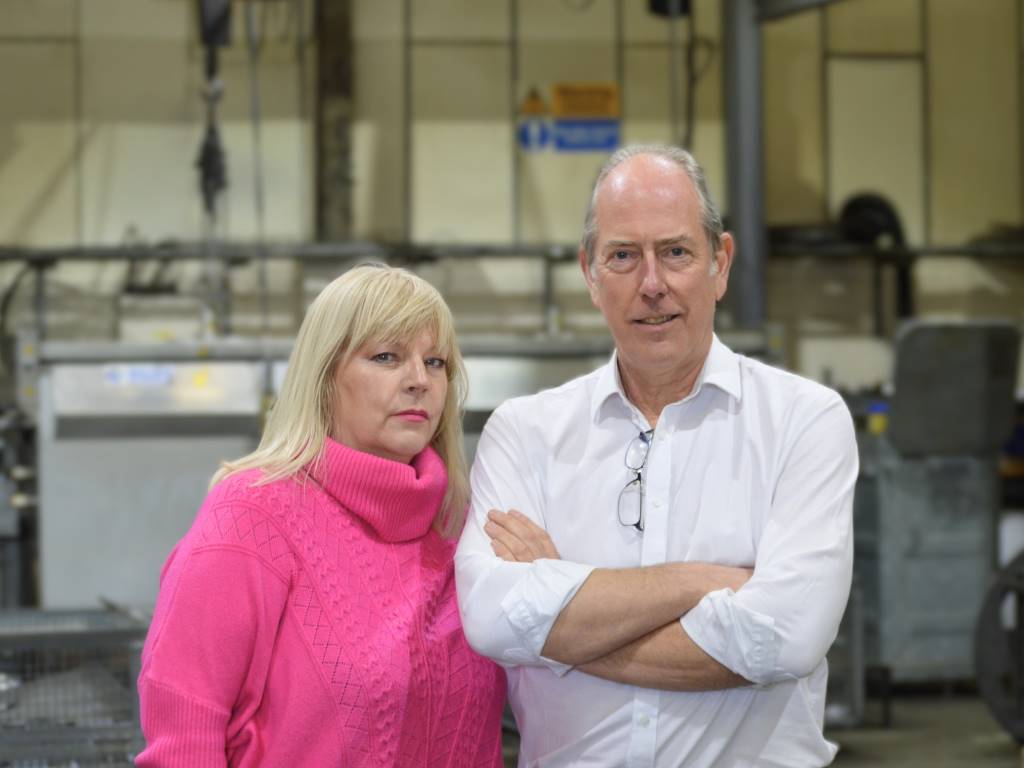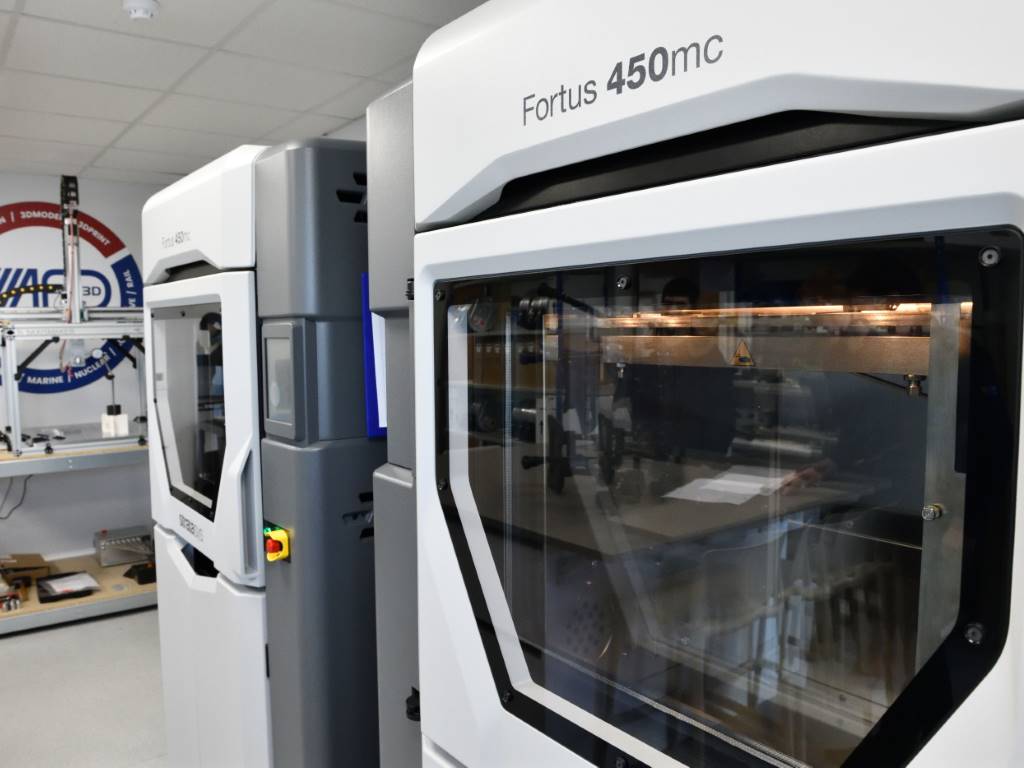UK manufacturing reacts to chancellor Rishi Sunak's summer statement

The chancellor Rishi Sunak has set out a ‘plan for jobs’ in a summer statement that hopes to spur the country’s recovery from Covid-19.
As part of the plan to support jobs, a job retention bonus will be introduced to help firms keep furloughed workers. UK employers will receive a one-off bonus of £1,000 for each furloughed employee who is still employed as of 31 January 2021.
A total of £1.6 billion will be invested in scaling up employment support schemes, training and apprenticeships to help people looking for a job. Young people, who are amongst the worst hit by the crisis, will benefit from this. This includes:
- Businesses will be given £2,000 for each new apprentice they hire under the age of 25. This is in addition to the existing £1,000 payment the Government already provides for new 16-18-year-old apprentices and those aged under 25 with an Education, Health and Care Plan.
- A £111 million investment to triple the scale of traineeships in 2020-21 ensuring more young people have access to high quality training.
- £17 million of funding to triple the number of sector-based work academy placements in 2020-21
- Nearly £900 million to double the number of work coaches to 27,000;
- Over a quarter of a million more young people to benefit from an extra £32 million investment in the National Careers Service.
The plan will also create tens of thousands of jobs through bringing forward work on £8.8 billion of new infrastructure, decarbonisation and maintenance projects.
This includes a £3 billion green investment package that could help support around 140,000 green jobs and upgrade buildings and reduce emissions.
Stephen Phipson, Chief Executive of Make UK, said: “Industry will applaud the Chancellor’s bold intent which will spur the process of rebuilding business confidence and healing the economy. Manufacturers were already at the forefront of a new digital era and the crisis has shot them forward into a future economy where there will be new jobs which will require new skills.
“As such, the emphasis on protecting jobs which already exist, whilst safeguarding and preparing young people with the skills for future jobs which may not yet have been invented is a strategy that companies will fully support. In particular the funding for Apprenticeships is especially welcome and will help boost employers’ investment in their future workforce.
“This is not the beginning of the end of this crisis, however, but perhaps the end of the beginning as far as the economy is concerned. Moving forward, just as industry has shown how flexible and innovative it can be at a time of national need, then Government will need to be equally flexible and innovative in dealing with the after effects which will undoubtedly require further action at some stage. Manufacturers stand ready to work with Government to do whatever it takes to boost growth and livelihoods across the whole of the UK.”
Rowan Crozier, CEO of pressings and stamping specialist Brandauer, said: “It feels like manufacturing has been forgotten…tax reliefs for innovation, encouragement for consumer spending, industry stimulus packages, where are they?
“On the points the chancellor made, I think the furlough scheme closing is a good call as it will encourage companies to make decisions and not prolong the uncertainty. The retention bonus is a good idea, but not sure it is a big enough bonus to make employers think twice about letting people go.
“£2k for new apprentices is very welcome and has made our mind up on taking on two more in February next year. This, along with the Kickstart Scheme, is fantastic for young people, but what about older workers? They will be affected as well by the economic instability and, in some cases, probably worse off due to their commitments.
“The Green investment doesn’t really hit the spot for manufacturers. We need to drive technology adoption and new innovation, not focus on retrofitting.”
"As a business that is crucial to the fight against Covid-19 with our antiviral products, I was particularly interested to hear the statement from the chancellor,” said Paul Morris, CEO of Addmaster, a leading developer of performance enhancing additives for the plastic, paper, textile, paintings and coatings industry.
He added: “It does feel like a lot of paper shuffling, rather than actual new proposals and more of a popularity parade than making the right choices to bring the UK out of this recession.
“I am therefore very confused why the stamp duty threshold was increased when the housing market is busier than ever – any estate agent will tell you the pent up demand is causing a massive boom….so why give away tax to something that doesn’t need help? Did they simply look at stamp duty payments from March to June, and ‘presume the market had slowed or have they actually talked to Estate agents?
In a time when the government is threatening to increase tax to claw back the support payments, I do question their logic."
Bekki Phillips, managing director of In-Comm Training, added: “Any funding that goes directly to companies to encourage them to take on apprenticeships is welcome, but we need to see the full details to see what a difference this will make to businesses and their recruitment intentions.
“Firms are already receiving a £1000 grant to take on 16-18 year-old apprentices so we’re presuming the £2000 announced is on top of that or does it replace it? Likewise, can this be used in tandem with the Kickstart scheme, designed to get more young people back into work? If it can be, then this really is a gamechanger.
“With over 700 apprentices currently being trained at our three academies, we wanted to see specific support about protecting those currently studying so their jobs are safeguarded.
“The bonus for bringing a furloughed worker back could help in a small way, but I think we needed a bit more. We also wanted to see the Government look at funding a programme-led approach to apprenticeships, where we could train young people up to Level 2 and then find them an employer at the end – hopefully when the economy has picked back up again.”










